Subtotal: $161.00
John C. Norcross – Self-Help That Works: Resources To Improve Emotional Health And Strengthen Relationships
$44.00 $17.00
Product Include:
File size:
John C. Norcross – Self-Help That Works: Resources To Improve Emotional Health And Strengthen Relationships
**More information:
Get John C. Norcross – Self-Help That Works: Resources To Improve Emotional Health And Strengthen Relationships at Salaedu.com
Description
- Based on 12 national studies that lead to the recommendations
- Addresses 41 behavioral disorders and life challenges – from abuse and addictions to women’s issues and violent youth
- Canvasses multiple self-help resources: books, autobiographies, films, online programs, support groups, and websites
More information about Lifestyle:
Lifestyle is the interests, opinions, behaviours, and behavioural orientations of an individual, group, or culture.
The term was introduced by Austrian psychologist Alfred Adler with the meaning of “a person’s basic character as established early in childhood”.
For example, in his 1929 book “The Case of Miss R.”. The broader sense of lifestyle as a “way or style of living” has been documented since 1961.
Lifestyle is a combination of determining intangible or tangible factors.
Tangible factors relate specifically to demographic variables, i.e. an individual’s demographic profile,
whereas intangible factors concern the psychological aspects of an individual such as personal values, preferences, and outlooks.
A rural environment has different lifestyles compared to an urban metropolis.
Location is important even within an urban scope.
The nature of the neighborhood in which a person resides affects the set of lifestyles available
to that person due to differences between various neighborhoods’ degrees of affluence and proximity to natural and cultural environments.
For example, in areas near the sea, a surf culture or lifestyle can often be present.
More information about Self Help:
Self-help or self-improvement is a self-guided improvement—economically, intellectually, or emotionally—often with a substantial psychological basis.
Many different self-help group programs exist, each with its own focus, techniques, associated beliefs, proponents and in some cases, leaders.
Concepts and terms originating in self-help culture and Twelve-Step culture, such as recovery, dysfunctional families, and codependency have become firmly integrated in mainstream language.
Self-help often utilizes publicly available information or support groups, on the Internet as well as in person, where people in similar situations join together.
From early examples in self-driven legal practice and home-spun advice, the connotations of the word have spread and often apply particularly to education, business,
psychology and psychotherapy, commonly distributed through the popular genre of self-help books.
According to the APA Dictionary of Psychology, potential benefits of self-help groups that professionals may not be able to provide include friendship,
emotional support, experiential knowledge, identity, meaningful roles, and a sense of belonging.
Get John C. Norcross – Self-Help That Works: Resources To Improve Emotional Health And Strengthen Relationships at Salaedu.com
1 review for John C. Norcross – Self-Help That Works: Resources To Improve Emotional Health And Strengthen Relationships
Add a review Cancel reply
Related products
Internet Marketing Courses
Maven Marketing Bootcamp Home Study Version from Jay Abraham & Rich Schefren
Internet Marketing Courses
Internet Marketing Courses
Anthony Robbins – Date with Destiny Australia 2002 Seminar Manual
Internet Marketing Courses
Millionaire MBA Business Mentoring Programme from Richard P Cordock

 Crypto Victory – CryptoCurrency Victory
Crypto Victory – CryptoCurrency Victory  Hans Hannula – Finding Astrocycles with an Ephemeris
Hans Hannula – Finding Astrocycles with an Ephemeris 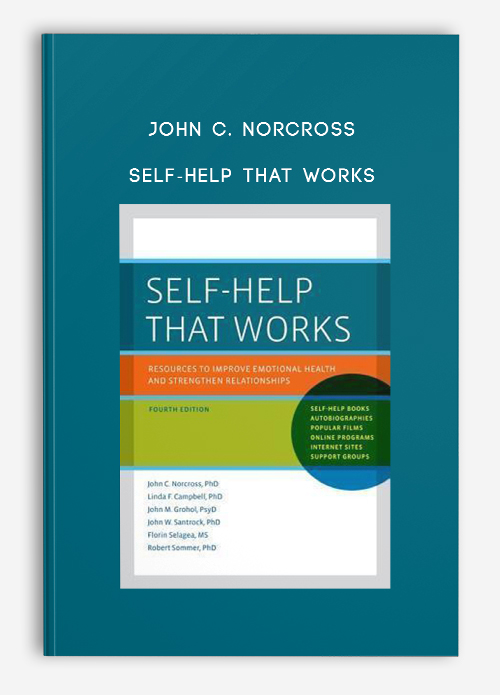
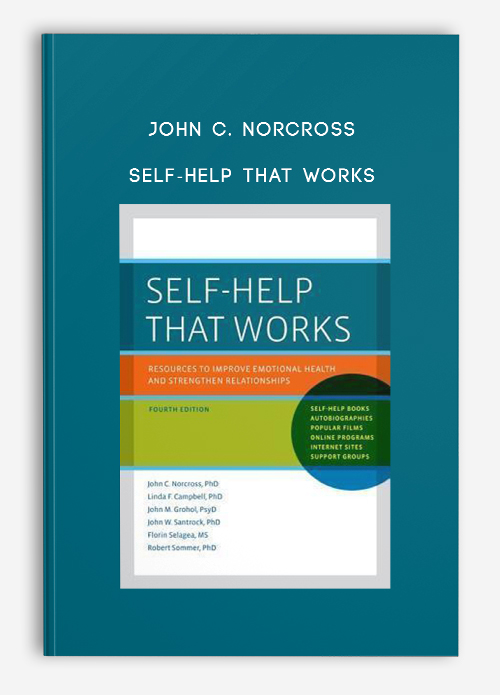

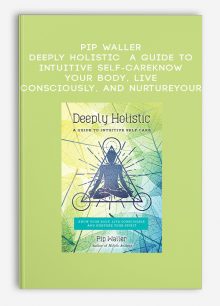

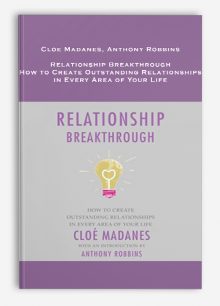


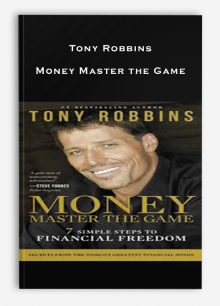

king –
We encourage you to check Content Proof carefully before paying.
“Excepted” these contents: “Online coaching, Software, Facebook group, Skype and Email support from Author.”
If you have enough money and feel good. We encourage you to buy this product from the original Author to get full other “Excepted” contents from them.
Thank you!